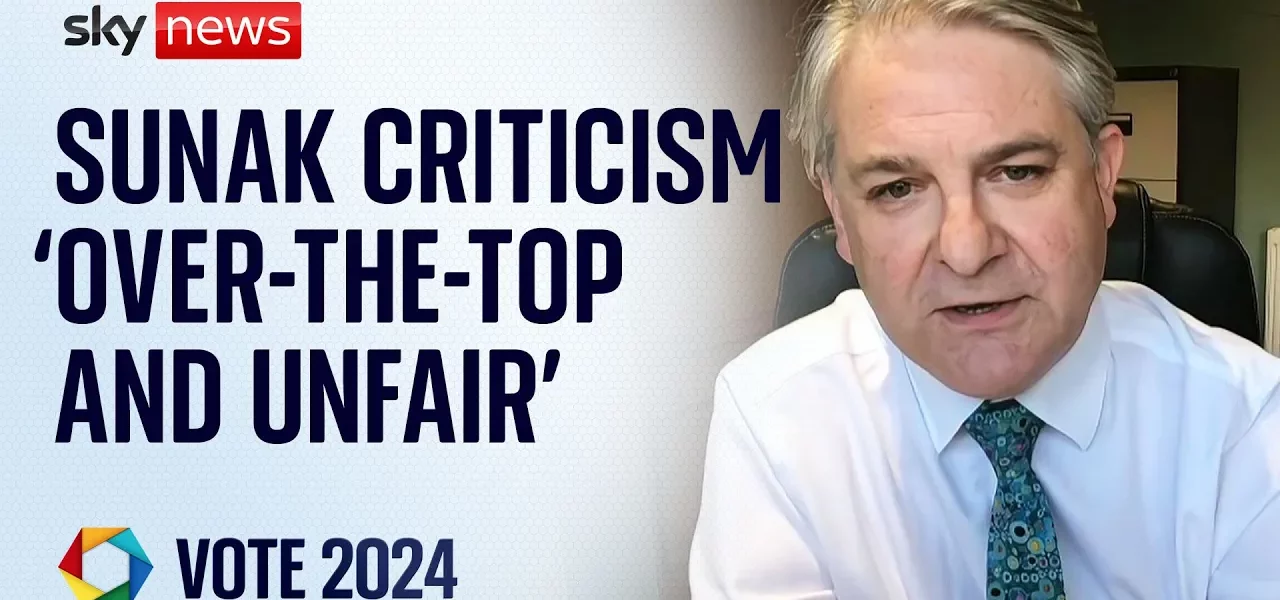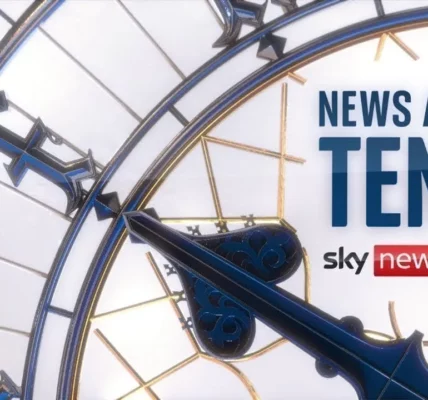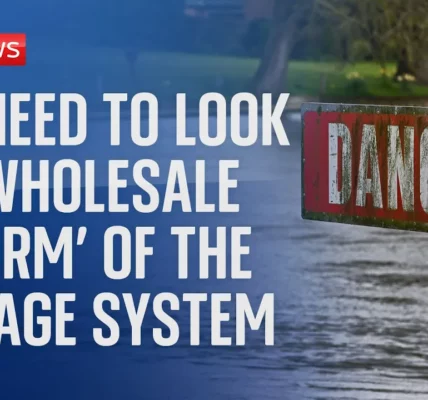Philip Davies Discusses the Conservative Campaign Challenges

Join us for a detailed exploration of Philip Davies’s insights on the Conservative Party’s current campaign, the challenges they face, and the broader political landscape in the UK.
Introduction
The political landscape in the UK is ever-evolving, especially as general elections approach. Recently, Philip Davies, the Member of Parliament for Shipley, shared his thoughts on the current state of the Conservative campaign. His candid insights shed light on the challenges faced by the party, voter sentiments, and the implications of the opposition’s strategies. This article delves into Davies’s viewpoints, highlighting key themes such as public disillusionment with politicians, the impact of media coverage, and the threat posed by rival parties.
The Current State of the Conservative Campaign
Philip Davies acknowledges that the Conservative campaign has faced significant hurdles in recent weeks. Despite these challenges, he emphasizes the importance of engaging with voters and understanding their concerns.
Voter Sentiment
Davies notes that many voters remain undecided, reflecting a broader disillusionment with politicians across all major parties. Key points include:
- A lack of enthusiasm for Keir Starmer’s leadership.
- Public frustration with political promises and performance.
- An opportunity for the Conservatives to capture undecided voters in the final weeks of the campaign.
Challenges and Criticism
Despite the tough campaign climate, Davies defends Prime Minister Rishi Sunak against what he perceives as excessive media criticism. He argues that:
Media Coverage
Davies suggests that the media has played a role in shaping public perception of the Conservative Party, often focusing on trivial matters rather than substantive issues. He proposes that:
- Media should challenge Keir Starmer on his policies and potential tax increases.
- Greater scrutiny of opposition leaders could shift voter perceptions.
The Threat from the Right
Following recent polling that indicates Nigel Farage’s party gaining traction, Davies expresses concern about the potential impact on Conservative voter loyalty.
Understanding the Competition
Davies acknowledges that while he agrees with some of Farage’s viewpoints, he urges Conservative voters to remain focused on the larger picture:
- Voting for Farage could inadvertently support a Labour government.
- Conservative voters must recognize the risks of splitting the vote.
- Maintaining party unity is crucial for electoral success.
Addressing Trust Issues
Trust remains a significant concern for voters, particularly regarding the government’s record. Davies reflects on past leadership and its implications:
Leadership and Policy Changes
He points out that, under Boris Johnson, the party adopted more left-leaning policies, which he criticizes. He believes:
- The high immigration figures were a result of Johnson’s policies.
- Rishi Sunak’s recent changes to immigration rules signal a shift towards more conservative policies.
The Future of the Conservative Party
As the election nears, Davies emphasizes the importance of focusing on the future rather than past mistakes. He argues that:
Campaign Strategy
The Conservatives must highlight their plans for economic stability and social welfare, contrasting them against Labour’s proposals. Key strategies include:
- Communicating clear policies that resonate with voters’ concerns.
- Reassuring the public about the consequences of a Labour government.
- Engaging in grassroots campaigning to rebuild trust and support.
Conclusion
In conclusion, Philip Davies’s insights provide a comprehensive overview of the current challenges facing the Conservative Party. As they navigate a complex political landscape, it is crucial for the party to engage meaningfully with the electorate and present a united front. Voter trust and clarity in policy will be paramount in the coming weeks. To stay informed on the latest developments in UK politics and the Conservative campaign, consider following our related articles and updates.
“`




